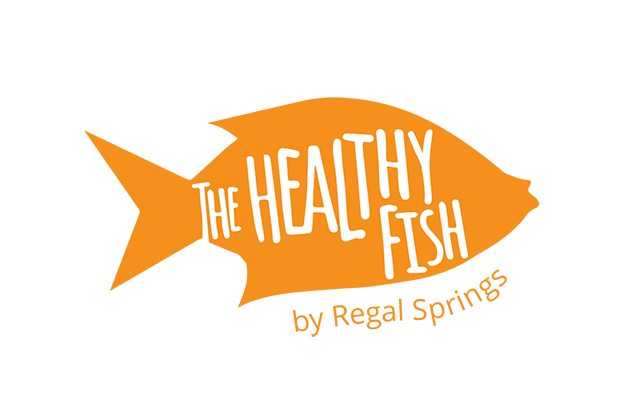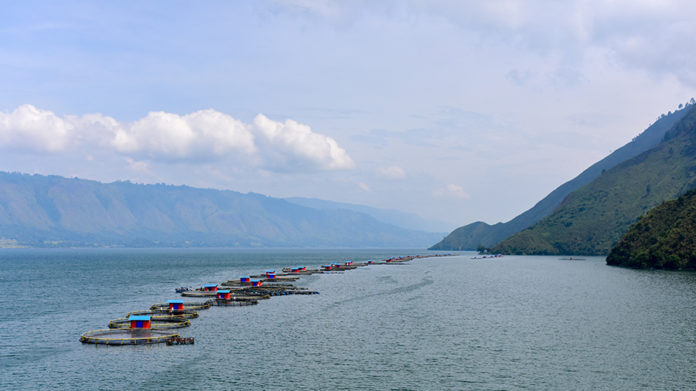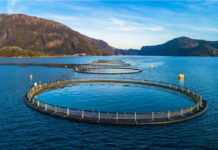Ethically-raised food normally comes at a higher price, and for a good reason. It’s more expensive to grow, sustainably-farmed and higher quality; therefore it makes sense that it costs more than other foods. But still, shoppers might find themselves confronted with the following question when comparing prices at the supermarket: “Is ethically raised food really worth the cost?” Here are four reasons to consider next time you find yourself struggling to decide.
It’s Healthier

Not to be confused with organic food (which is unique in that it’s free of additives), ethically-grown and raised food is considered healthy due to the fact that the animals are grown and raised to full maturity. Giving a chicken, cow, pig or fish room to grow is critical for allowing them to reach a healthy weight and pack their muscles with nutrients. In contrast, unethical growers focus on getting their birds, cattle and seafood to grow as big as possible, as fast as possible. This means the food that these animals eat is loaded with hormones, the animals are often raised around disease and the resulting product contains more fat than muscle.
It’s, Well, Ethical
Making ethical choices goes far beyond the food. Take Regal Springs Tilapia, for instance. Not only are their fish raised in an ethical manner, resulting in an overall better product, but their employees and communities benefit greatly too. The company is a good example of a food company that invests in its employees and communities which leads to the prosperity of its workers. With social projects ranging from healthcare to education, the company provides millions of dollars each year to meaningfully improve the lives of the its employees and the surrounding communities located in rural Mexico, Honduras and Indonesia. Buying ethically shifts the market to support companies like this, rather than bulk manufacturers who often prioritize profits over responsible practices.
It’s Sustainable

Sustainability is a core value when it comes to ethically-raised foods. Regal Springs can once again act as exhibit A. By raising a fish that reaches maturity quickly and doesn’t need too much space to grow, they’ve been able to supply distributors with plenty of fish. In doing so, Regal Springs and companies like them have created a business that can constantly meet demands and provide a quality product with no harm to the Tilapia. If that wasn’t enough, the company also ensures they have a neutral or positive effect on the environment and promotes zero waste, highlighting the diverse uses of Tilapia beyond a food product.
It’s Still Affordable
Ethical food isn’t much more expensive in the grand scheme of things. Put it in the perspective of a cup of coffee. A $6 latte at a local coffeeshop outweighs its cheaper counterpart at McDonald’s based on the fact that it’s a superior product. It takes more time and skill to make and often the beans are sourced from sustainable growers. Ethically-raised food follows that very same logic when you think about the health and ethical benefits. By simply shifting a few dollars in your budget, you contribute to a global movement the supports higher-quality products and more responsible companies.
Whether you do it for the moral reasons or the health benefits, eating ethically-raised foods is worth the cost. Not only does it benefit your health, but also our world and the animals that live in it.
Photos: Regal Springs, Israel Egío, Biegun Wschodni






